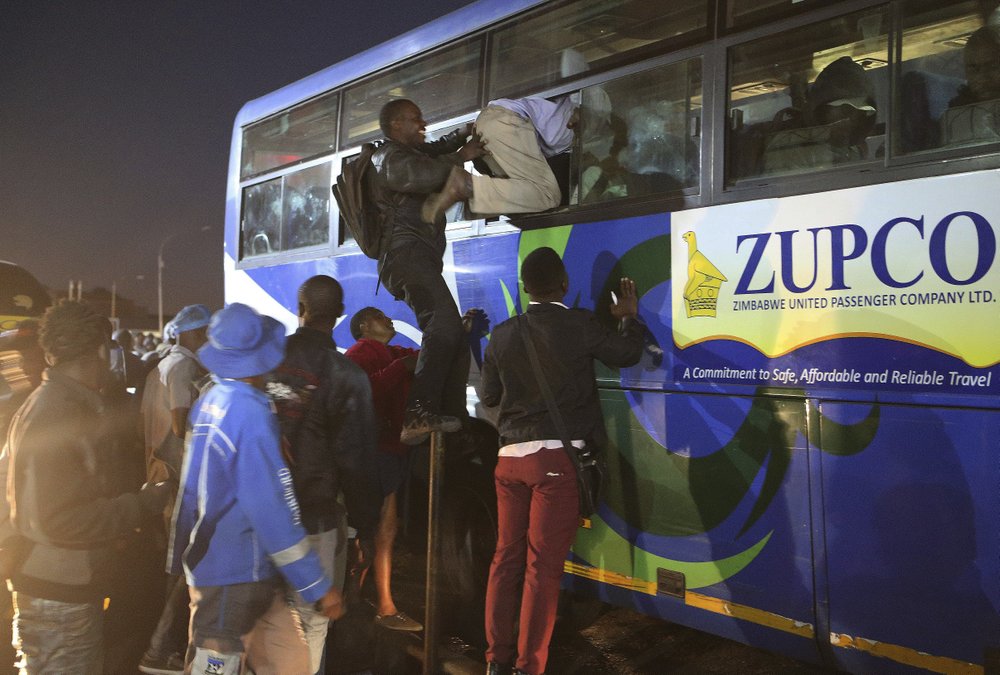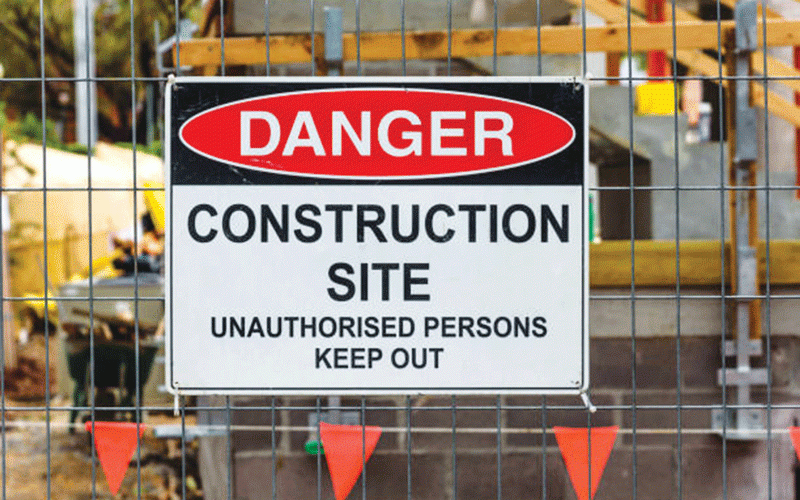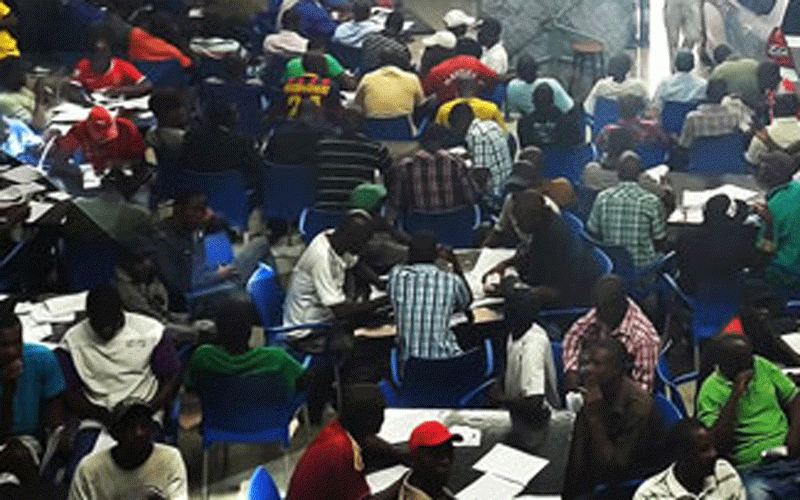
Artwell Dzobo/ Ruramai Rutoro/Tanyaradzwa Porusingasi THE high speed of globalisation and the drive for nations to accomplish sustainable economic development exerts pressure on policy formulators to put more accentuation on diminishing the unfavourable impacts of economic activities on the environment.
Transport assumes an undeniably significant part in facilitating trade, further accessibility and mobility in a globalised world economy. The positive relationship between economic growth and transport demand is further evident in both the positive and negative externalities experienced in urban areas, specifically, because of upgrades in economic thriving.
Congestion, pollution and more limited infrastructure life expectancies are among the primary difficulties experienced by urban areas and transport organisers worldwide due to expanded transport demand.
Africa is urbanising at a quick rate. The quick increase in population size combined with compelled genuinely economic growth has had potentially negative side-effects affecting the economy, social texture and the environment. Amusingly, as the urban populace develops, the provision of services declined and Zimbabwe shows these attributes.
Public transport is the preserve of the informal sector and the need to give a sustainable transport framework can’t be overemphasised. Sustainable transport is characterised as an arrangement of transport which, by being reliably proficient, solid, protected and versatile to the always changing socio-climate, viably diminishes expenses and negative externalities and improves business certainty.
Practically, urban transport has turned into an unquestionable requirement for governments in both developing and developed nations.
A sustainable transport system considers advancement of private transport players, wanting to fuse future demand of urban economic development and transport demand.
The order by the public authority to ban private transport operators and compel them to enlist under the Zimbabwe United Passenger Company (Zupco) franchise makes an undesirable State monopoly in the once flourishing transport sector.
- Chamisa under fire over US$120K donation
- Mavhunga puts DeMbare into Chibuku quarterfinals
- Pension funds bet on Cabora Bassa oilfields
- Councils defy govt fire tender directive
Keep Reading
The ban makes an unlawful monopoly for Zupco as it invalidates the constitutional rights to freedom of profession, trade or occupation enshrined in section 64 of the Constitution. The public authority legitimises the arrangement as aimed at ensuring sanity in the transport sector and guaranteeing COVID-19 social distance guidelines are clung to.
In any case, the reality is that there is no contrast among Zupco and private kombis according to them, putting forth attempts to check the spread of COVID-19.
Zimbabwe is an inclusive society, and has progressive policy structures in inclusivity and has ratified worldwide conventions, for example, the United Nations Convention on the Rights of Persons with Disabilities (UNCRPD).
In practice, the climate ought not be a long way from inclusive and this is generally found in the discriminative nature of public transport facilities in Zimbabwe, which are friendly to people with handicaps and this has far-reaching antagonistic outcomes that go beyond mobility limitation.
Exclusion concerning the public transport framework occurs in numerous ways, including the way that the vehicles utilised largely in the public transport sector are not adjusted to permit access for people with incapacity, particularly those with actual handicaps.
This is notwithstanding the inaccessibility of supporting frameworks. On certain occasions, wheelchair users in Zimbabwe are in some cases charged twofold to be accommodated, and their assistive gadgets
These prevailing transport challenges are to some degree due to poor planning or absence of execution of methodologies that can relieve the urban transport challenges.
The political vision of the leadership in some developing countries is a challenge in accomplishing sustainable transport systems.
This is opposed to what exists in developed nations as many are executing techniques to lessen the transport challenges, paying little heed to the predominance of the COVID-19.
On the contrary, some developing nations don’t focus on the execution of sustainable solutions in spite of the fast urbanising rate in Africa combined with constrained genuinely economic growth.
It is prudent for the public authority to lift the prohibition on the activity of the private players in the transport sector as this has sweeping positive socio-economic outcomes.
The Zupco and mushikashika can exist together. This doesn’t entail the eradication of Zupco but commuters need to see diverse players in the sector so that they have the option to choose the transport they need to board. The reintroduction of private transport operators must be on condition that they are affiliated to transport associations as this will improve administration and furthermore ensure that COVID-19 guidelines are completely adhered to as it will be the associations’ obligation to monitor the private transport operators under their purview.
- Artwell Dzobo is an international relations graduate from Africa University
- Ruramai Rutoro and Tanyaradzwa Porusingasi are international relations students at Africa University











